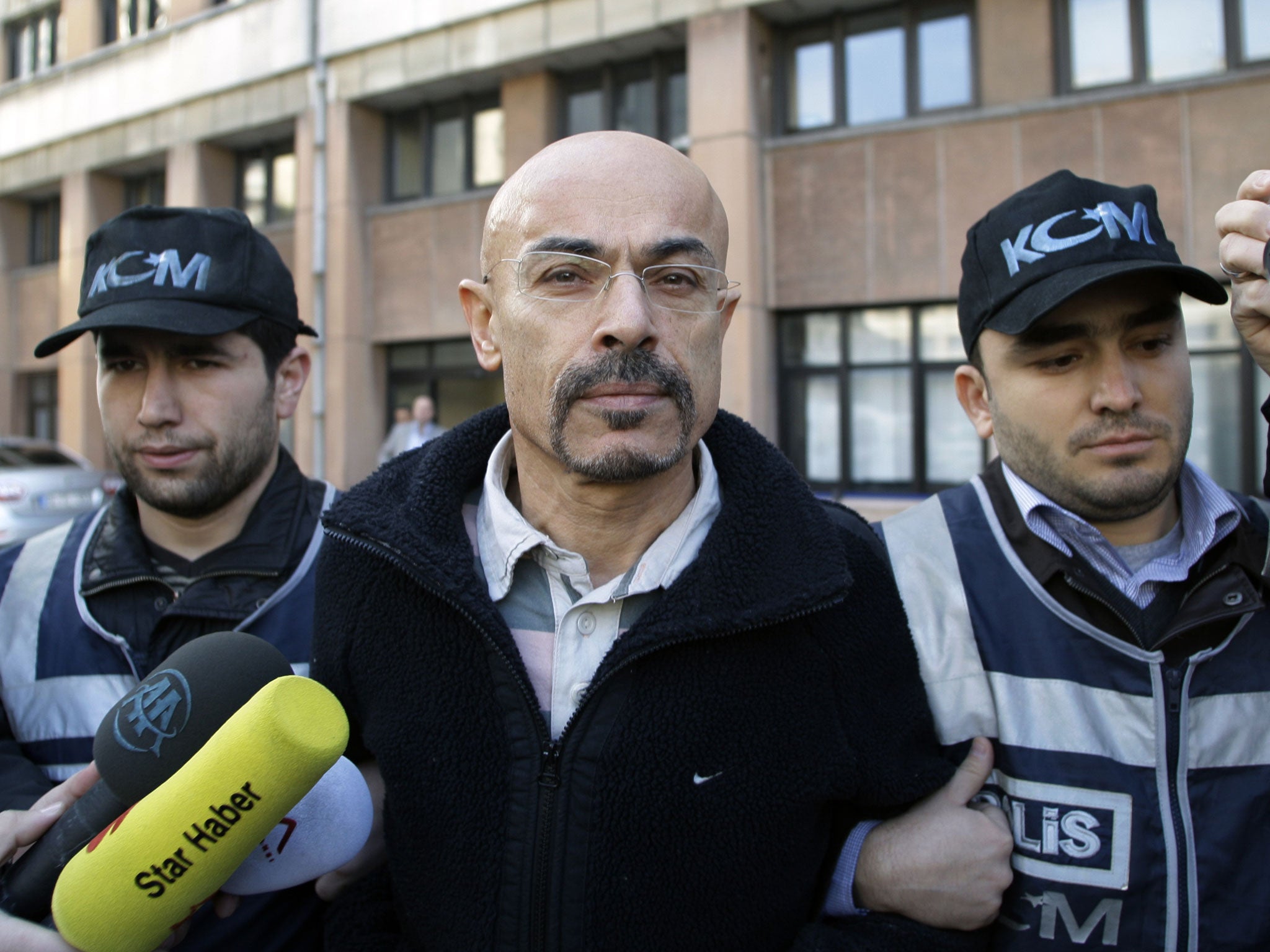Kosovo organ trafficking scandal widens
EU prosecutors to investigate if key government figures were involved

EU prosecutors will investigate key government figures in Kosovo for any involvement in an international organ trafficking network that lured poor donors into the country, harvested their kidneys and sold them to wealthy recipients for huge profits, sources close to the case have confirmed.
Shaip Muja, a member of parliament and former health adviser to the current Prime Minister, Hashim Thaci, is expected be one of eight people indicted in a second round of investigations into the activities of the Medicus clinic in the Kosovan capital of Pristina, where at least 24 illegal transplants took place in 2008.
Five people were last week found guilty of human trafficking and illegal organ transplants in the first phase of the trial, including the urologist Lutfi Dervishi, the clinic’s director, and his son, Arban, who were sentenced to eight and seven years respectively. It is thought to be the first time in the world that medical doctors have been found complicit in human trafficking and organised crime.
The EU’s rule of law mission, known as Eulex, says it cannot yet confirm the identities of those it is investigating in the second phase. But an amended indictment introduced towards the end of the first trial said the Medicus doctors held “repeated consultations and several meetings with senior officials in the government of Kosovo”, including Mr Muja and the then Minister of Health, Alush Gashi.
Jonathan Ratel, the lead prosecutor, told The Independent: “The new investigation emerges directly out of evidence given in the first trial, including witnesses, as identified in the amended indictment.”
Mr Muja testified during the trial that he had met the doctors, who had applied for a licence to conduct transplants. He denied knowledge of the trafficking ring.
Interpol is still hunting the Turkish surgeon Yusuf Sonmez, dubbed “Dr Frankenstein” in the Turkish media, who is said to have conducted most of the operations at the Medicus clinic. Mr Ratel believes he is continuing his operations in South Africa, having escaped house detention in Istanbul.
The Medicus scandal first came to light in 2008 when a Turkish man collapsed at Pristina airport after selling his kidney at the clinic. It gradually emerged that dozens of impoverished donors had been trafficked into Kosovo from several countries, including Russia, Moldova and Ukraine. Some were paid as little as $10,000 (£8,400) for their kidney, which was then sold to recipients, mostly from Israel, for as much as $130,000.
Expanding investigations to include government figures close to Mr Thaci puts the EU in a difficult position. Sources close to the investigation say there has been a reluctance among top officials in Brussels to press ahead with the organ trafficking trial in case it upsets Kosovo’s fragile transition process.
They claim it is only the determination of individual prosecutors that has kept the trial alive.
“There is a perception Eulex doesn’t want to rock the boat with too many high-level indictments. Stability is priority No 1 for the international community,” said a Western diplomat on condition of anonymity.
Kosovo declared independence from Serbia in 2008. Two weeks ago, Serbia agreed to recognise Kosovo’s sovereignty for the first time, but implementing the agreement is fraught with difficulties due to opposition from some of the Serb minority inside Kosovo.
In January, Eulex’s outgoing deputy head of mission, Andy Sparkes, admitted that political pressure was hindering progress on corruption cases. “There are occasions when [stability] can sit uneasily with the requirements of the rule of law,” he told the Balkan Investigative Reporting Network.
Meanwhile, there are growing doubts over claims in a 2010 Council of Europe report that members of the Kosovo Liberation Army, including Mr Thaci, who was a senior commander at the time, also engaged in organ trafficking during the 1998-1999 war with Serbia. The report has been widely criticised for its lack of evidence and its author, the prosecutor Dick Marty, refused to appear at the Medicus trial.
“After five years of prosecuting this case, I have not found evidence linking it to allegations of organ trafficking during wartime,” said Mr Ratel.
Join our commenting forum
Join thought-provoking conversations, follow other Independent readers and see their replies
Comments